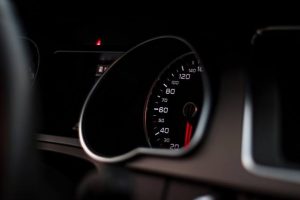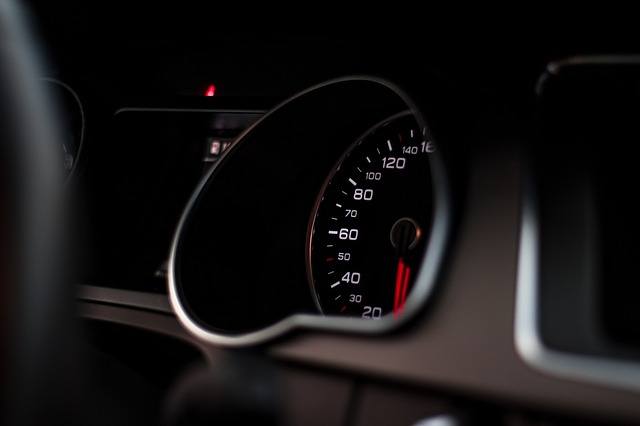Car Sensors
In the contemporary time, your car is almost entirely dependent on a central computer. This central computer accepts information from all around the car and processes them to calculate what to do next. Without that single computer, your car will basically stop working. So, what feeds that computer information? That’ll be the countless car sensors littered all over your car.
What is the purpose for sensors?
If you aren’t particularly keen with cars, you may not realize just how many sensors a modern car has nowadays. You can get a rough grasp by turning on the ignition and seeing just how many lights shine through the instrument cluster. They serve a very simple, but noble purpose in your vehicle, and that is to ensure optimal performance and safety of your vehicle. All those oil temperature gauge, coolant temperature gauge and fuel level gauge you see on a daily basis depend on various sensors.
Should a sensor report that something has gone awry, you’ll be immediately notified by the loathed bright yellow check engine light. Fortunately, with the advent of scanners and standardized engine codes, it’s less of a guesswork nowadays. While there are some sensors your car will run without, some car sensors, if faulty, will either cripple your car or just stop it from running entirely.
Some of the most crucial car sensors are found within your engine bay. That includes the crankshaft position sensor, which is absolutely critical to a modern engine’s operation. The sensor feeds the position and rotational speed of the crankshaft to the computer. Alongside the cam position sensor, the computer figures out a suitable ignition timing and fuel injection map.
Other than that, the coolant temperature sensor is also very important for an engine’s operation. It not only feeds real-time coolant temperature information to the computer, but the computer also bases the engine’s operation on the reading. While carbureted vehicles used to struggle with cold start, modern vehicles with fuel injection can enrich the air-fuel ratio on engine startup to aid with cold start. It’ll also idle your car higher, and the car will run on a fixed map until it warms up.
 If you’ve opened up the bonnet of your car, you may have also noticed something protruding out of your exhaust manifold. That’ll be the oxygen sensor. This is particularly important to maintain an acceptable engine efficiency, as the oxygen sensor feeds your computer information of the unburned oxygen present in the exhaust. This information, in tandem with information from multiple other sensors, such as the manifold absolute pressure sensor and throttle position sensor, will tell the computer what ignition timing and how much fuel the engine needs. Typically, at cruising conditions, the engine will run entirely based on the sensors, rather than a set table, this is known as closed loop operation. In this mode, the engine will attempt to run leaner for efficiency.
If you’ve opened up the bonnet of your car, you may have also noticed something protruding out of your exhaust manifold. That’ll be the oxygen sensor. This is particularly important to maintain an acceptable engine efficiency, as the oxygen sensor feeds your computer information of the unburned oxygen present in the exhaust. This information, in tandem with information from multiple other sensors, such as the manifold absolute pressure sensor and throttle position sensor, will tell the computer what ignition timing and how much fuel the engine needs. Typically, at cruising conditions, the engine will run entirely based on the sensors, rather than a set table, this is known as closed loop operation. In this mode, the engine will attempt to run leaner for efficiency.
Therefore, vehicle sensors are very important to a car’s operation. Nowadays, you can find sensors all over your car, even things as trivial as the headlamp and tail lamp can run off a sensor. The thing is, as vehicles become progressively more complex, more and more sensors will be added, therefore, it’s best that you realize just how important they are. The dependence on sensor can be frightening to some, as more electronics can translate to a less reliable car. However, when done right, cars can run on an efficiency we’ve never imagined possible, and efficiency is the name of the game in the future.

